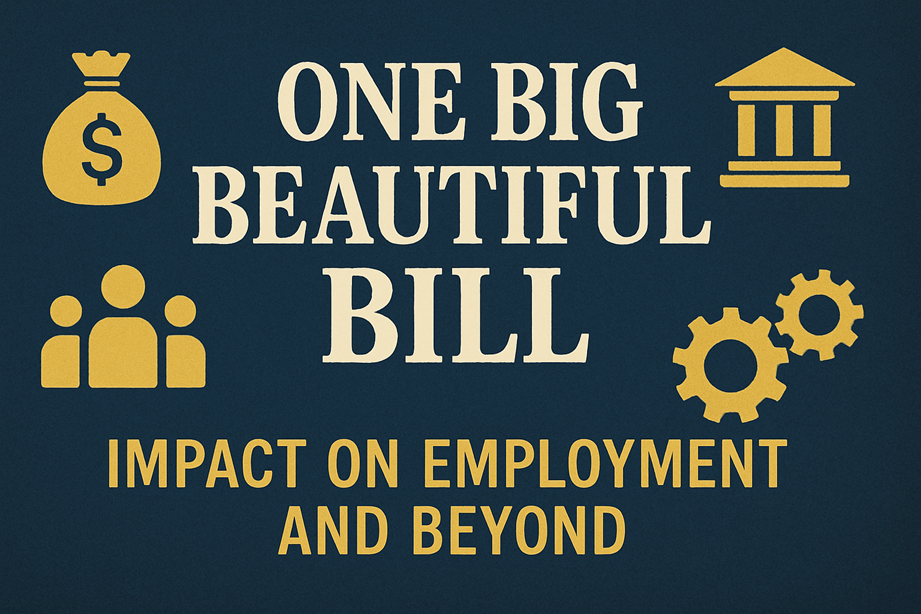Your Guide to the Tax Accountant in Lady Lake, FL
When it comes to managing your finances, choosing the right tax accountant in Lady Lake, FL, can make a major difference in both your peace of mind and the size of your tax refund. Whether you’re preparing for tax season or managing the books for your small business, partnering with a reliable professional like Bill Fox Tax & Accounting Inc. ensures accuracy, compliance, and savings. But before you sit down with your tax expert, it’s essential to ask the right questions to get the most value from your consultation.
The Importance of Year-Round Tax Planning vs. Last-Minute Filing
The biggest mistake many individuals and small business owners make is waiting until tax season to think about their taxes. With year-round tax planning from a skilled tax accountant in Lady Lake, FL, you can lower your tax burden, avoid unexpected bills, and plan confidently for the future. Whether you're buying a house, starting a business, or preparing for retirement, tax implications are always involved. A proactive partnership with an accountant in Lady Lake, FL, ensures your strategy supports your financial goals.
What Makes a Great Accountant in Lady Lake, FL?
When choosing an accountant in Lady Lake, FL, look for more than just certifications.
Great accountants provide:
- Clear, timely communication.
- Fast responses during peak tax season.
- In-depth knowledge of both state and federal tax laws.
- Confidentiality and professionalism in all financial matters.
Bill Fox Tax & Accounting Inc. checks all those boxes, and more. With years of local experience and a strong focus on personalized service, they are a trusted choice for individuals and businesses alike.
Organizing Your Records: Make Tax Season Easier For You and Your Tax Accountant in Lady Lake, FL
Staying organized throughout the year doesn’t just make tax season less stressful; it also helps your tax accountant in Lady Lake, FL, file a more accurate and beneficial return. Disorganized paperwork can lead to missed deductions, incorrect numbers, and costly delays. With a few simple habits, you can streamline the process and make your accountant’s job much easier.
Here are some practical tips to keep your financial records in order:
- Keep Digital and Physical Copies: Store receipts, invoices, and important tax documents in clearly labeled folders—both on your computer and in a physical filing system.
- Use Accounting Software or Apps: Tools like QuickBooks, FreshBooks, or even Excel can help track income and expenses in real time.
- Maintain a Mileage Log: If you drive for work or business purposes, keep a mileage tracker to ensure every mile counts toward your deductions.
- Save Bank and Credit Card Statements: Monthly statements help verify expenses and income, which are especially useful for freelancers and small business owners.
- Track Charitable Contributions: Keep donation receipts organized by date and amount, including non-cash donations.
- Separate Business and Personal Expenses: Use dedicated bank accounts and credit cards to avoid mixing transactions.
By following these tips, you'll not only save time, but you'll also empower your tax accountant in Lady Lake, FL, to identify more deductions and ensure full compliance with IRS regulations.

What to Expect When Hiring a Tax Accountant in Lady Lake, FL
Hiring a tax accountant in Lady Lake, FL, is one of the smartest financial moves you can make, whether you're managing personal finances, running a small business, or preparing for retirement. Knowing what to expect from the start can help you build a successful working relationship and maximize your return.
Here’s what you can expect when working with a trusted local tax professional:
- Initial Consultation: A detailed conversation to understand your financial situation, goals, and tax history.
- Document Review: Your accountant will request prior returns, income records, expense documentation, and any other relevant paperwork.
- Personalized Tax Strategy: A qualified tax accountant in Lady Lake, FL, will create a tax plan tailored to your needs, looking for deductions and credits specific to your circumstances.
- Ongoing Communication: You can expect clear, timely responses to your questions and updates throughout the preparation process.
- Compliance and Filing: Your accountant will ensure everything is filed accurately and on time, reducing your risk of penalties or audits.
Choosing a professional tax accountant in Lady Lake, FL, gives you peace of mind and helps you take control of your financial future with confidence.
Key Questions to Ask Your Tax Accountant in Lady Lake, FL
When preparing for tax season, knowing the right questions to ask can make all the difference. A trusted tax accountant in Lady Lake, FL, can guide you through critical areas that impact your return and compliance.
Here are four essential topics to discuss:
- What deductions am I eligible for?
Your accountant can help you uncover deductions based on your job, business, family status, and lifestyle. Many people miss out on valuable write-offs simply because they don’t know they exist. - How do I handle estimated tax payments?
If you're self-employed or have additional income streams, your tax accountant in Lady Lake, FL, will help you calculate accurate quarterly payments and avoid IRS penalties. - Are there any IRS red flags I should be aware of?
Certain deductions, large charitable donations, or repeated business losses can draw attention. Your accountant will advise how to document properly and stay audit-proof. - How should I report income for my small business?
From 1099s to business expenses, your accountant ensures you report correctly based on your structure, whether you are a sole proprietor, LLC, or corporation, keeping you compliant and maximizing deductions.
Before tax season hits, ask yourself: Do I have the right support? If you're unsure, now is the perfect time to speak with a reliable tax accountant in Lady Lake, FL. Don’t wait until the last minute to make critical financial decisions. Contact us and book a consultation with Bill Fox Tax & Accounting Inc. and get the personal guidance you deserve.





